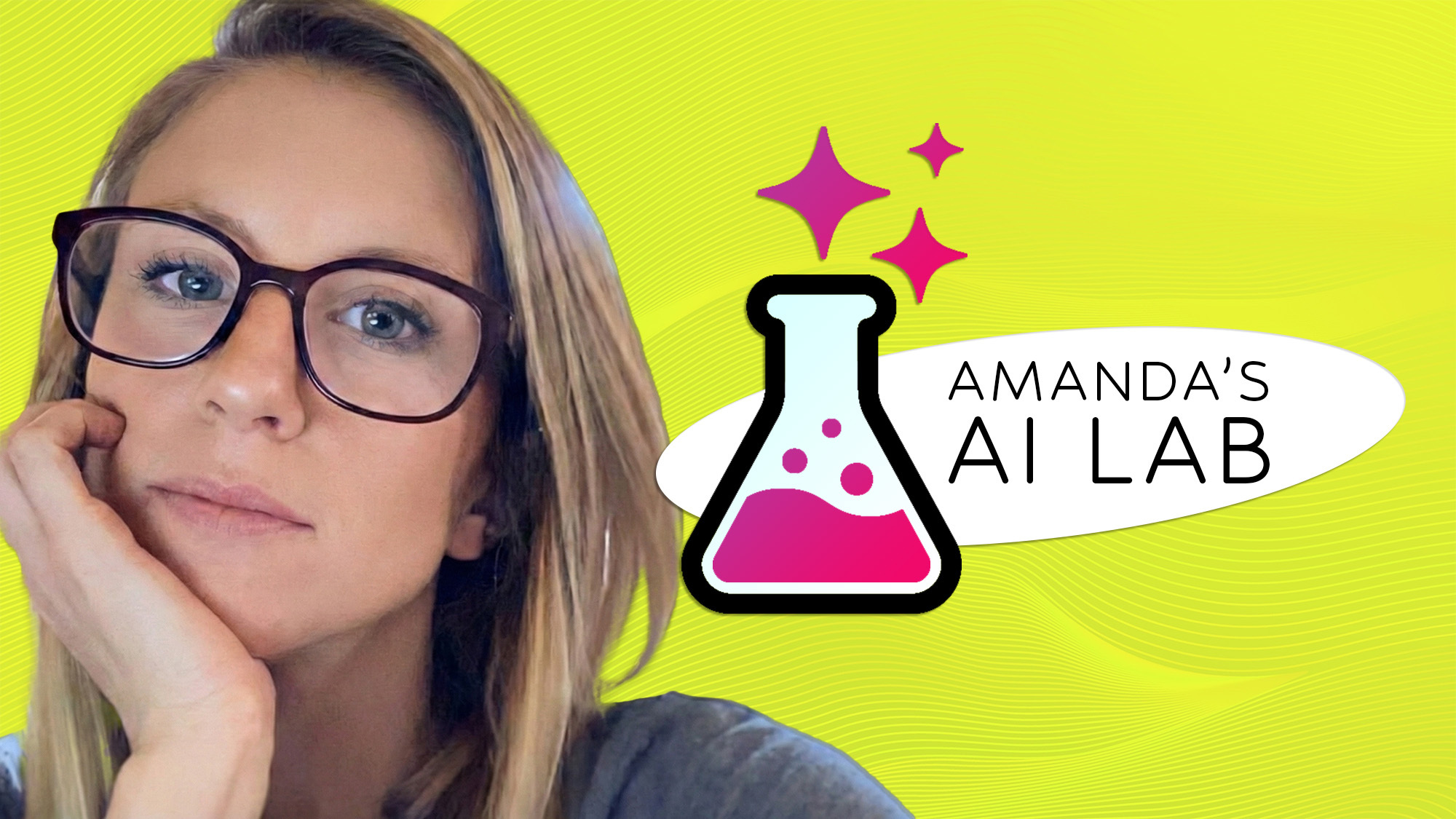Your DNA for Sale: 23andMe, Drug Giant Make $300 Million Deal
DNA-test firm 23andMe to share customer gene data with drug co. GlaxoSmithKline for $300 million. Privacy advocates sad but not surprised.
Here at Tom’s Guide our expert editors are committed to bringing you the best news, reviews and guides to help you stay informed and ahead of the curve!
You are now subscribed
Your newsletter sign-up was successful
Want to add more newsletters?

Daily (Mon-Sun)
Tom's Guide Daily
Sign up to get the latest updates on all of your favorite content! From cutting-edge tech news and the hottest streaming buzz to unbeatable deals on the best products and in-depth reviews, we’ve got you covered.

Weekly on Thursday
Tom's AI Guide
Be AI savvy with your weekly newsletter summing up all the biggest AI news you need to know. Plus, analysis from our AI editor and tips on how to use the latest AI tools!

Weekly on Friday
Tom's iGuide
Unlock the vast world of Apple news straight to your inbox. With coverage on everything from exciting product launches to essential software updates, this is your go-to source for the latest updates on all the best Apple content.

Weekly on Monday
Tom's Streaming Guide
Our weekly newsletter is expertly crafted to immerse you in the world of streaming. Stay updated on the latest releases and our top recommendations across your favorite streaming platforms.
Join the club
Get full access to premium articles, exclusive features and a growing list of member rewards.
Home-DNA-test provider 23andMe will provide the genetic information of its 5 million customers to pharmaceutical giant GlaxoSmithKline (GSK) for a reported $300 million investment, alarming privacy advocates and bioethicists.

"I hear regularly from customers that they want to be part of a solution that is improving health care," 23andMe CEO Anne Wojicki said in a blog post announcing the news yesterday (July 25). "By working with GSK, we believe we will accelerate the development of breakthroughs."
23andMe charges $99 for an "Ancestry" DNA test that gathers genealogical information, and $199 for a combined "Health and Ancestry" test that adds screening for genetically transmitted diseases. (Both are currently discounted by 30 percent on the 23andMe website.) Customers spit into a test tube and mail it to the company.
Wojcicki stressed that all customers involved had agreed to let their DNA be used for medical research when they signed up for the tests. But 23andMe would essentially be making $60 from each paying customer with the GSK deal.
"The problem with a lot of these privacy policies and Terms of Service is that no one really reads them," Tiffany C. Li, a privacy expert and resident fellow at Yale Law School’s Information Society Project, told Tom's Guide. "You are paying to help the company make money with your data."
MORE: I Took a DNA Test to Shape Up, But It Didn't Work Out
Li wasn't alone in bringing up the fact that 23andMe was making money from both ends of the equation.
Get instant access to breaking news, the hottest reviews, great deals and helpful tips.
"Are they going to offer rebates to people who opt in so their customers aren't paying for the privilege of 23andMe working with a for-profit company in a for-profit research project?" Peter Pitts, head of the Center for Medicine in the Public Interest, asked NBC News.
Li has been raising alarms over such tests for some time. She co-wrote an opinion piece in life-sciences news site STAT in May urging DNA-test customers to demand greater genetic privacy.
In April, she tweeted about the news that California police had arrested a suspect in a decades-old serial-killer case based on publicly available genetic data.
"When you give your DNA data to companies like Ancestry.com or 23andMe, you give up not only your own genetic privacy, but that of your entire family," Li said. (Neither company's tests were involved in the serial-killer case.)
But, Li said, we shouldn't be surprised that a DNA-testing firm's customer genetic data ends up in the hands of a pharmaceutical giant.
"The Big Pharma tie-in has happened before," Li told Tom's Guide, referring to the 2012 sale of DeCODE Genetics, which catalogued the DNA of almost half the population of Iceland, to drug maker Amgen.
Both NBC and Forbes reported that GSK will invest $300 million in 23andMe as part of the deal, which would likely be the largest single infusion of capital the company has received. The two will splits costs and profits related to any drugs that result from the partnership, which is slated to last four years.
23andMe was co-founded in 2006 by Wojcicki, who at the time was dating Google co-founder Sergey Brin. (They later married and divorced.) Google invested $3.9 million in 23andMe in 2007, alongside separate investments by Genentech and two venture-capital firms.
Google was started in the Wojcicki family garage in Palo Alto, California, in 1998. Wojcicki's sister Esther became Google's marketing manager the following year and now runs Google subsidiary YouTube.
Earnings on 23andMe are unavailable, as it's a privately held company, but it was valued at $1.5 billion in the fall of 2017, following the FDA's long-delayed approval of 23andMe's "Health and Ancestry" test.
Forbes reported that the data-sharing agreement came about through new GSK Chief Scientific Officer Hal Barron's professional relationships with Wojcicki and with 23andMe executive Richard Scheller, who used with work with Barron at Genentech.

Paul Wagenseil is a senior editor at Tom's Guide focused on security and privacy. He has also been a dishwasher, fry cook, long-haul driver, code monkey and video editor. He's been rooting around in the information-security space for more than 15 years at FoxNews.com, SecurityNewsDaily, TechNewsDaily and Tom's Guide, has presented talks at the ShmooCon, DerbyCon and BSides Las Vegas hacker conferences, shown up in random TV news spots and even moderated a panel discussion at the CEDIA home-technology conference. You can follow his rants on Twitter at @snd_wagenseil.
 Club Benefits
Club Benefits





